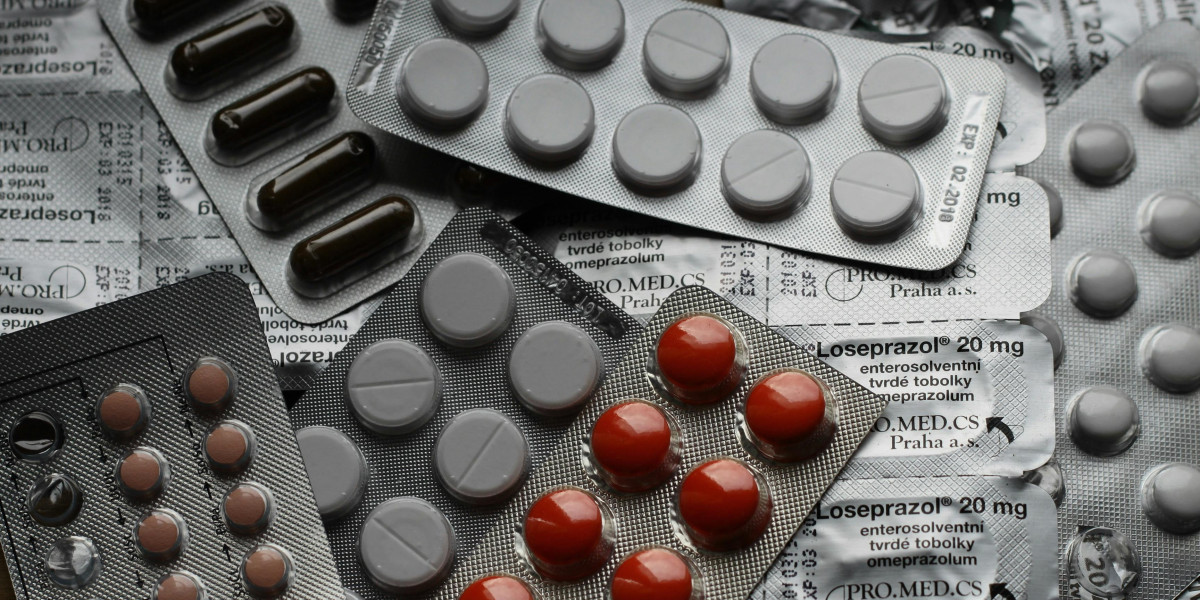Erectile dysfunction (ED) is a medical condition that affects millions of men worldwide, characterized by the inability to achieve or maintain an erection sufficient for sexual intercourse. Beyond its physical implications, ED can have profound psychological effects on individuals and their relationships. This article explores the various psychological impacts of erectile dysfunction, how it affects mental health, relationships, and overall quality of life, as well as strategies for coping and seeking help.
Understanding Erectile Dysfunction
Erectile dysfunction is more than just a physical issue; it often leads to emotional and psychological distress. Men experiencing ED may feel ashamed, embarrassed, or less masculine due to their inability to perform sexually. This can lead to a loss of self-esteem and self-confidence, impacting various aspects of their lives.
Psychological Effects
- Anxiety and Stress: ED can trigger anxiety about sexual performance, leading to a cycle of worry and stress that exacerbates the condition. Performance anxiety becomes a significant concern, causing a vicious cycle where fear of failure perpetuates the problem.
- Depression: Persistent ED can contribute to feelings of depression and sadness. Men may feel inadequate or hopeless about their ability to engage in sexual activity, which can affect their overall mood and outlook on life.
- Low Self-Esteem: Erectile dysfunction can significantly impact self-esteem. Men may feel less attractive or desirable, leading to negative self-perception and affecting their confidence in intimate relationships and beyond.
- Relationship Issues: ED can strain relationships, causing tension, frustration, and a lack of intimacy between partners. Communication breakdowns often occur as couples struggle to address the emotional and sexual aspects affected by ED.
Coping Strategies
- Open Communication: Discussing concerns and feelings with a partner or a healthcare professional is crucial. Open communication can alleviate anxiety and help partners understand each other’s needs and concerns.
- Seeking Medical Advice: Consulting a healthcare provider is essential for understanding the underlying causes of ED. Medical treatments, such as medications or therapy, can effectively manage ED and improve sexual function.
- Therapy and Counseling: Individual or couples therapy can help address psychological factors contributing to ED. Therapists provide strategies to reduce anxiety, improve communication, and rebuild confidence.
- Lifestyle Changes: Adopting a healthy lifestyle, including regular exercise, balanced diet, and adequate sleep, can improve overall well-being and contribute to better sexual health.
Treatment Options
- Medications: Prescription medications like Viagra (sildenafil), Cialis (tadalafil), and Levitra (vardenafil) are commonly used to treat ED by increasing blood flow to the penis. These medications require a doctor's prescription and should be used under medical supervision.
- Therapies: Penile implants, vacuum devices, and injections are alternative treatments for ED when medications are ineffective or not suitable. These options provide mechanical or prosthetic assistance to achieve erections.
- Psychological Interventions: Cognitive-behavioral therapy (CBT) and sex therapy can address underlying psychological issues contributing to ED. These therapies focus on changing negative thought patterns, reducing anxiety, and improving sexual confidence.
Impact on Relationships
Erectile dysfunction can strain relationships, affecting both partners emotionally and sexually. It’s essential for couples to:
- Maintain Emotional Connection: Focus on emotional intimacy and support each other through the challenges of ED.
- Explore Non-Sexual Intimacy: Engage in activities that strengthen emotional bonds outside of sexual intercourse.
- Educate and Communicate: Learn about ED together and discuss ways to support each other's needs and concerns.
Conclusion
Erectile dysfunction is a complex condition with far-reaching psychological implications. Beyond its physical symptoms, ED can affect mental health, self-esteem, and intimate relationships. Recognizing the psychological impact of ED is crucial for seeking appropriate treatment, enhancing communication, and improving overall well-being. With effective management strategies, including medical treatments, therapy, and lifestyle changes, men with ED can regain confidence, restore sexual function, and foster healthier relationships.
In conclusion, addressing the psychological aspects of management erectile dysfunction is essential for comprehensive care and improved quality of life for men and their partners affected by this condition.



